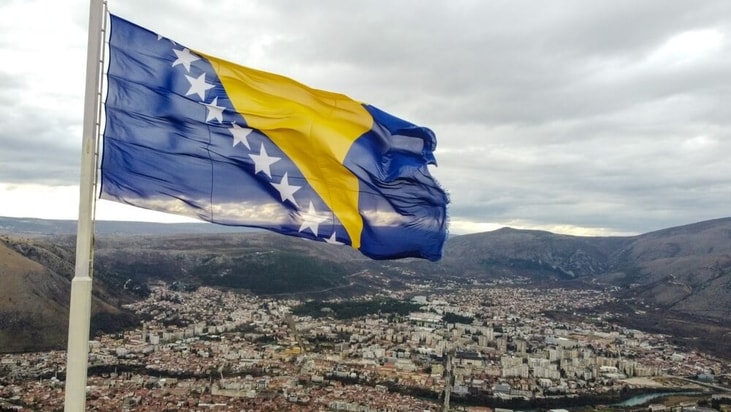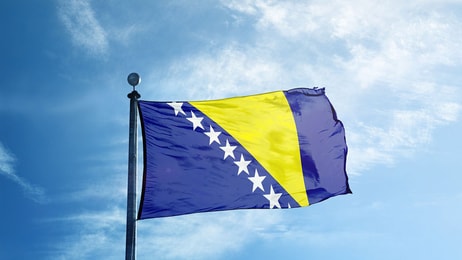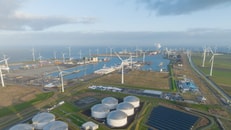Bosnia plans its energy transition with World Bank support
The World Bank has approved a €79.9m loan and €2.89m grant to support Bosnia and Herzegovina’s National Energy and Climate Plan, which is designed to improve energy independence and drive growth.
The Just Transition in Select Coal Regions of Bosnia and Herzegovina Project will help to repurpose post-mining lands in Banovići, Zenica, and Kreka, and facilitate the closure of underground works in Zenica.
The project will also support the installation of renewable energy systems at Banovići and Kreka mines.
It will also provide social protection measures and skills development programmes to workers and communities seeking opportunities outside the coal sector.
... to continue reading you must be subscribed
























